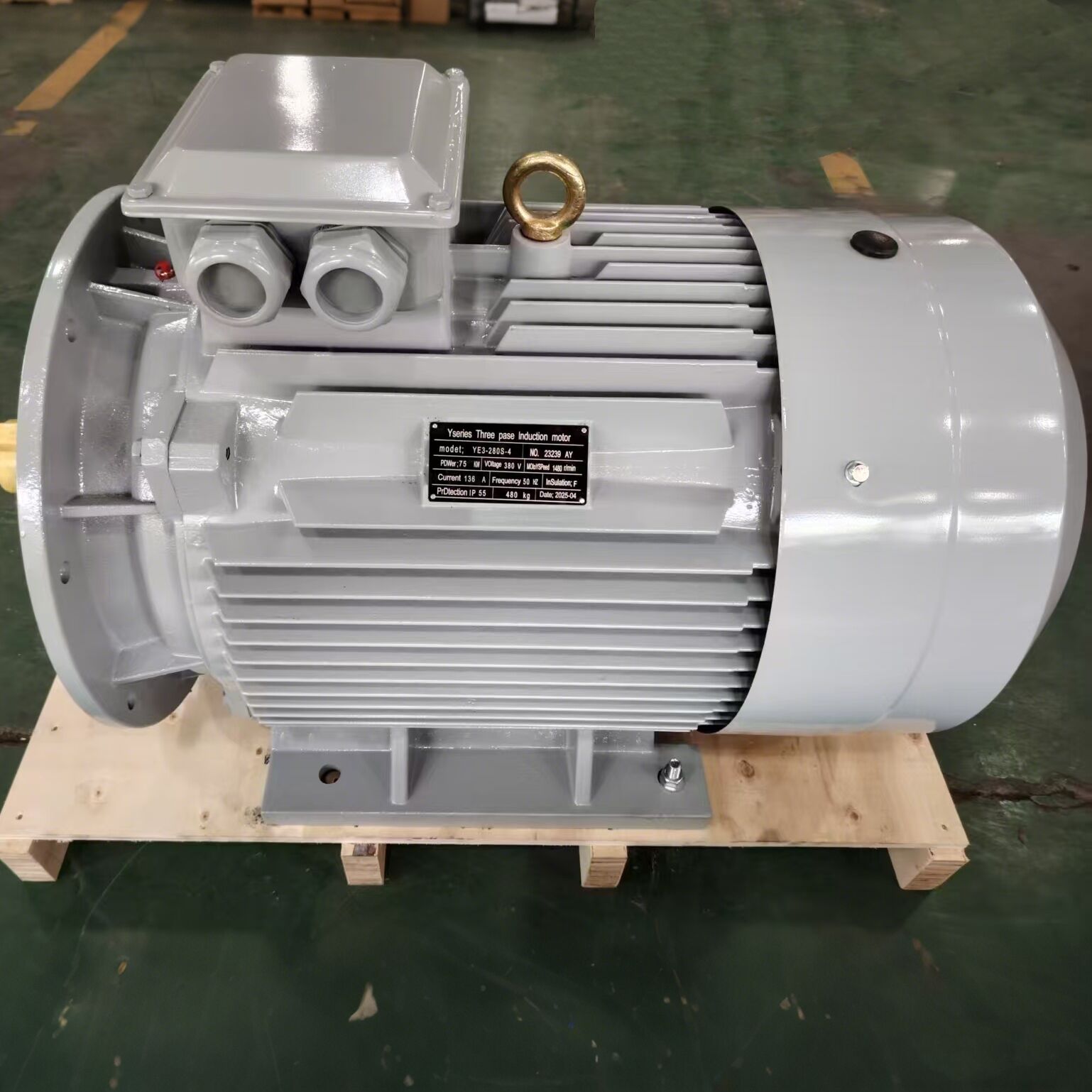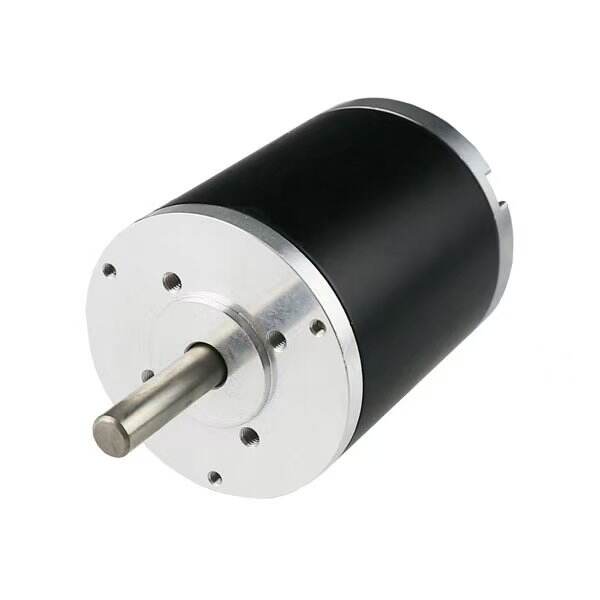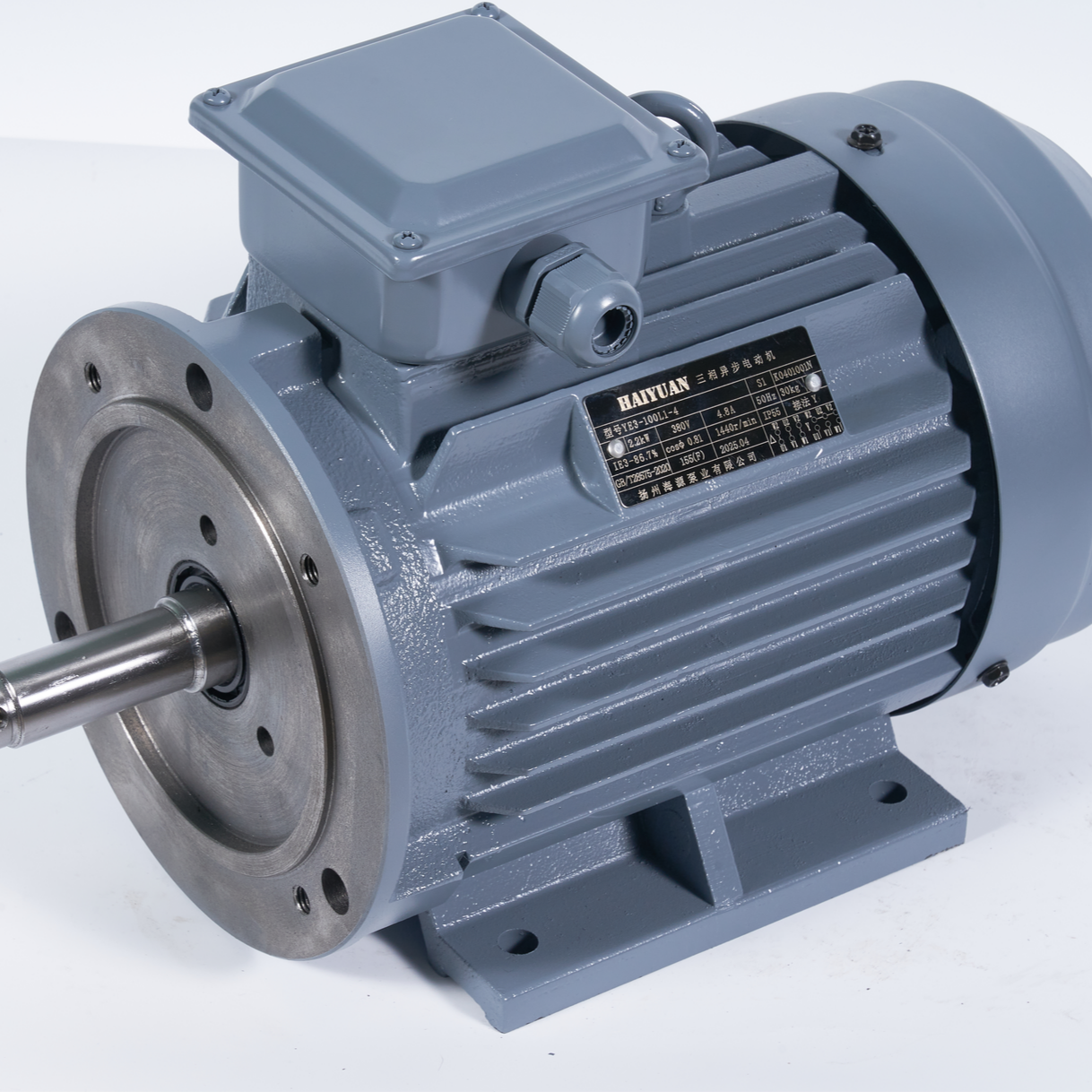pwm servo
A PWM (Pulse Width Modulation) servo is a sophisticated electromechanical device that provides precise position control through digital signal processing. This innovative component consists of a motor, control circuit, and feedback mechanism that work in harmony to deliver accurate rotational or linear movement. The servo interprets PWM signals, which are digital pulses of varying widths, to determine the desired position. When a PWM signal is received, the servo's internal controller processes this information and adjusts the motor's position accordingly, maintaining that position until a new signal is received. Operating typically between 0 and 180 degrees, PWM servos excel in applications requiring precise angular control. The system continuously monitors the current position through a potentiometer or encoder, comparing it to the desired position specified by the PWM signal. This closed-loop feedback system ensures maintaining accurate positioning even under varying loads. Modern PWM servos often incorporate advanced features such as programmable endpoints, adjustable dead band settings, and speed control capabilities. These devices are engineered to provide reliable operation across a wide range of applications, from robotics and automation to remote-controlled vehicles and industrial machinery.



